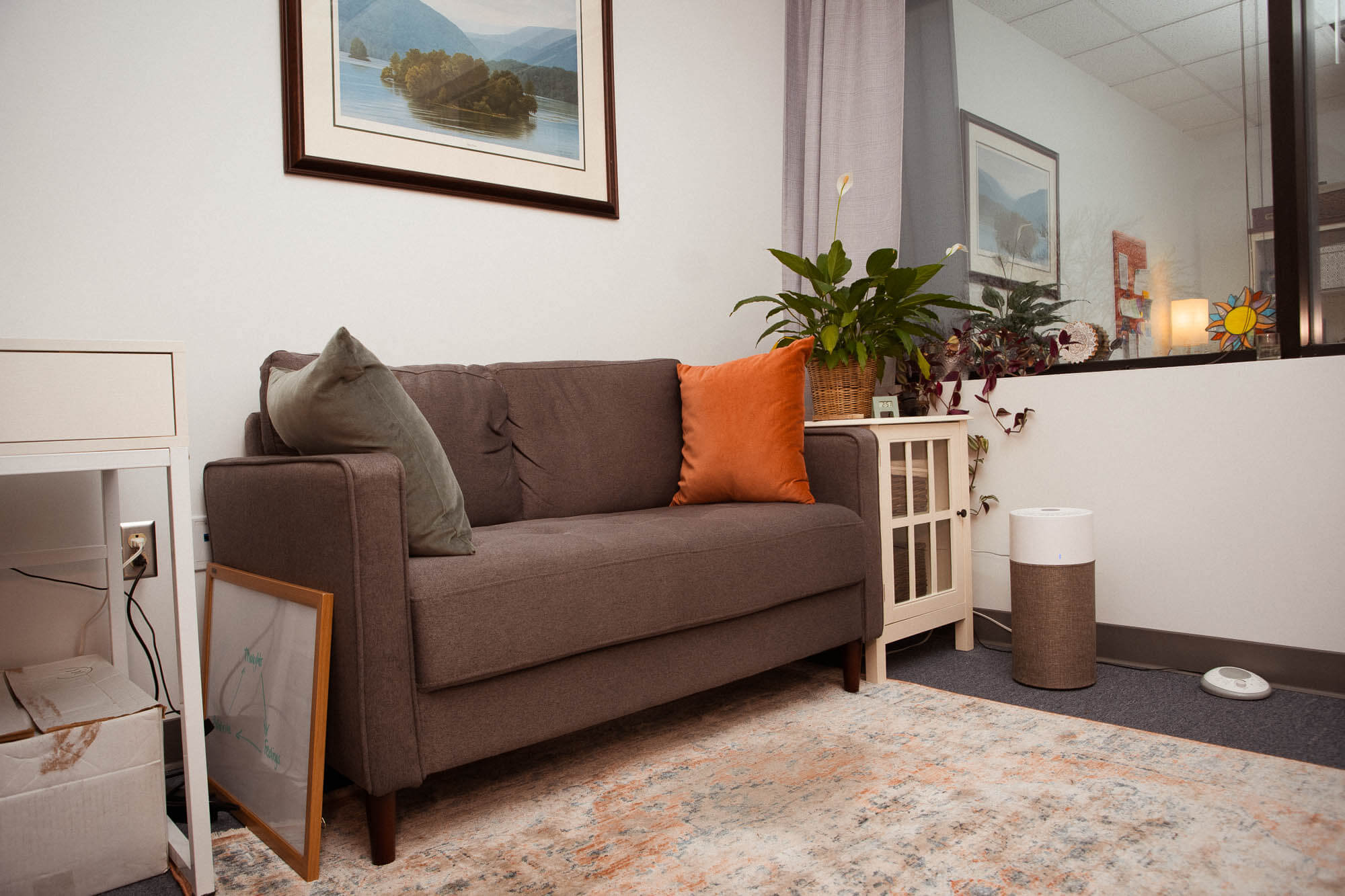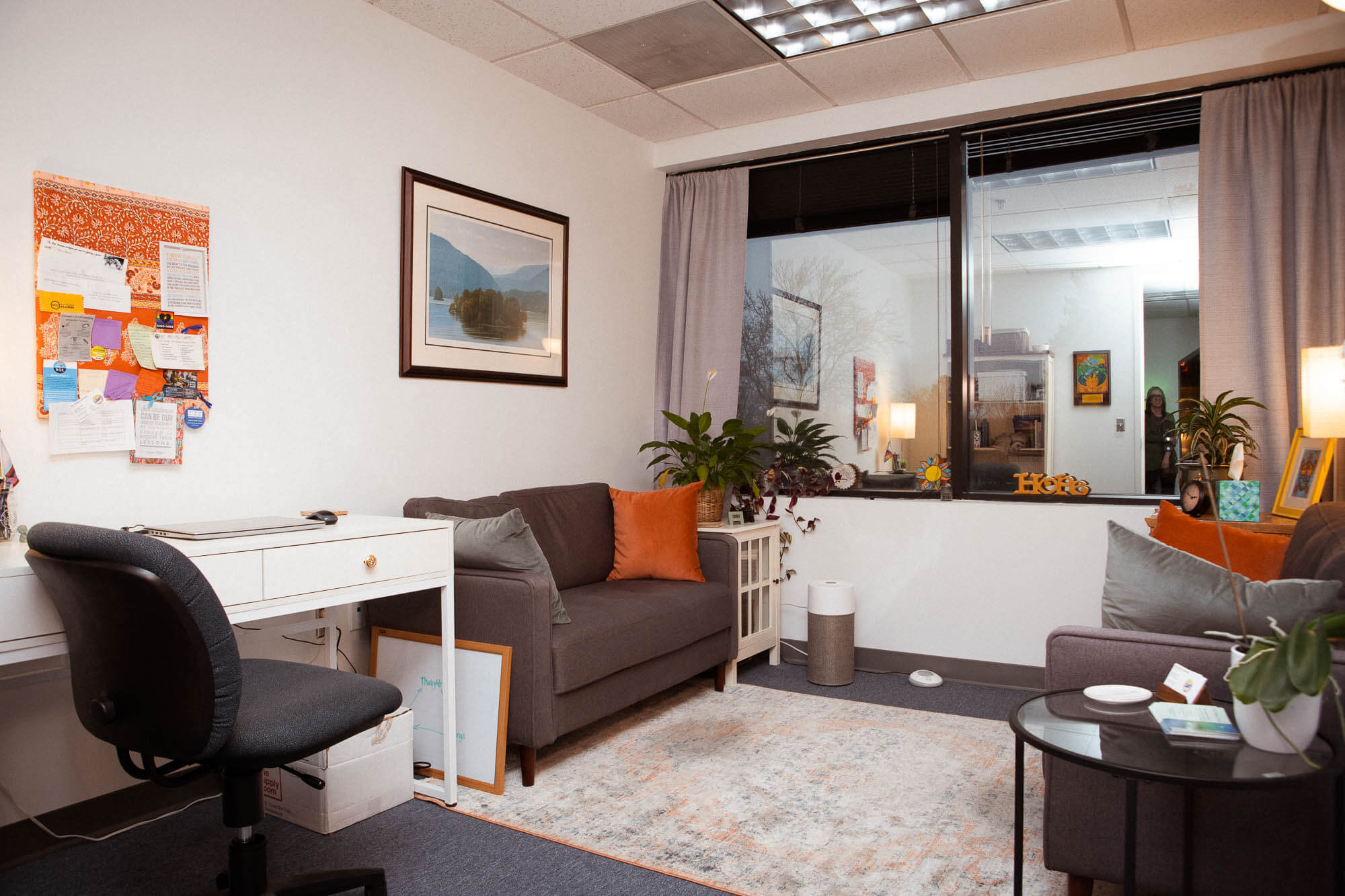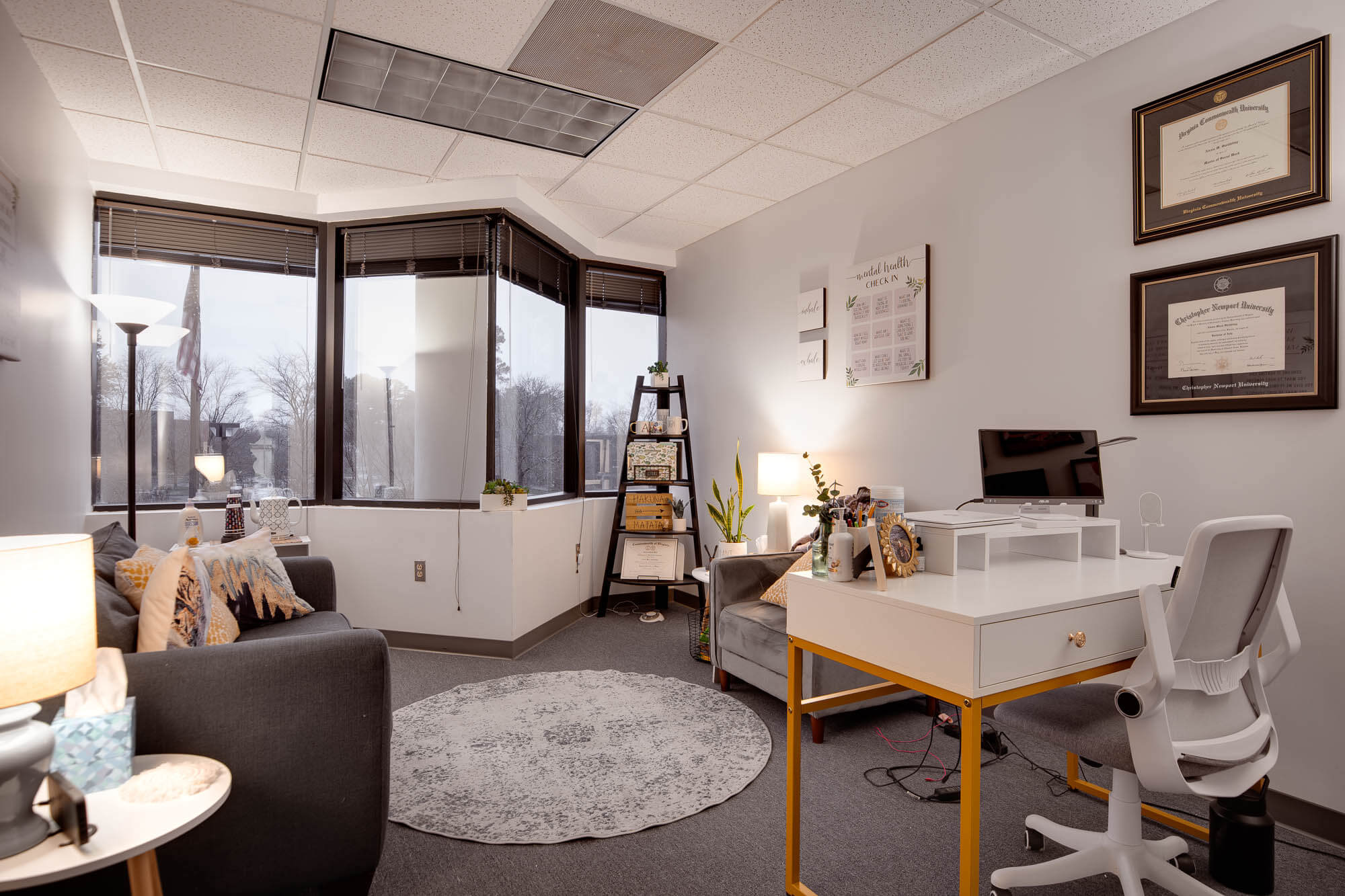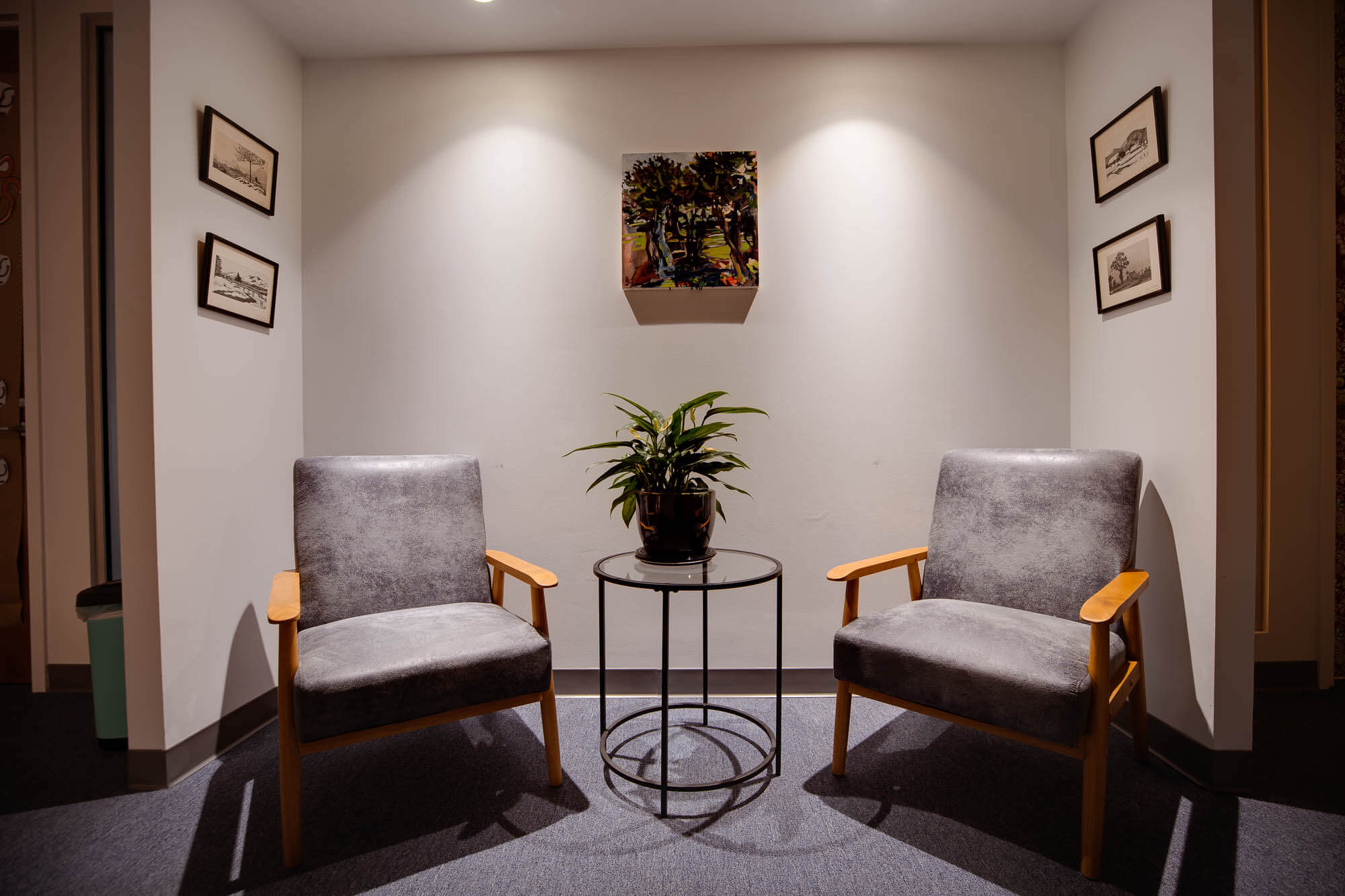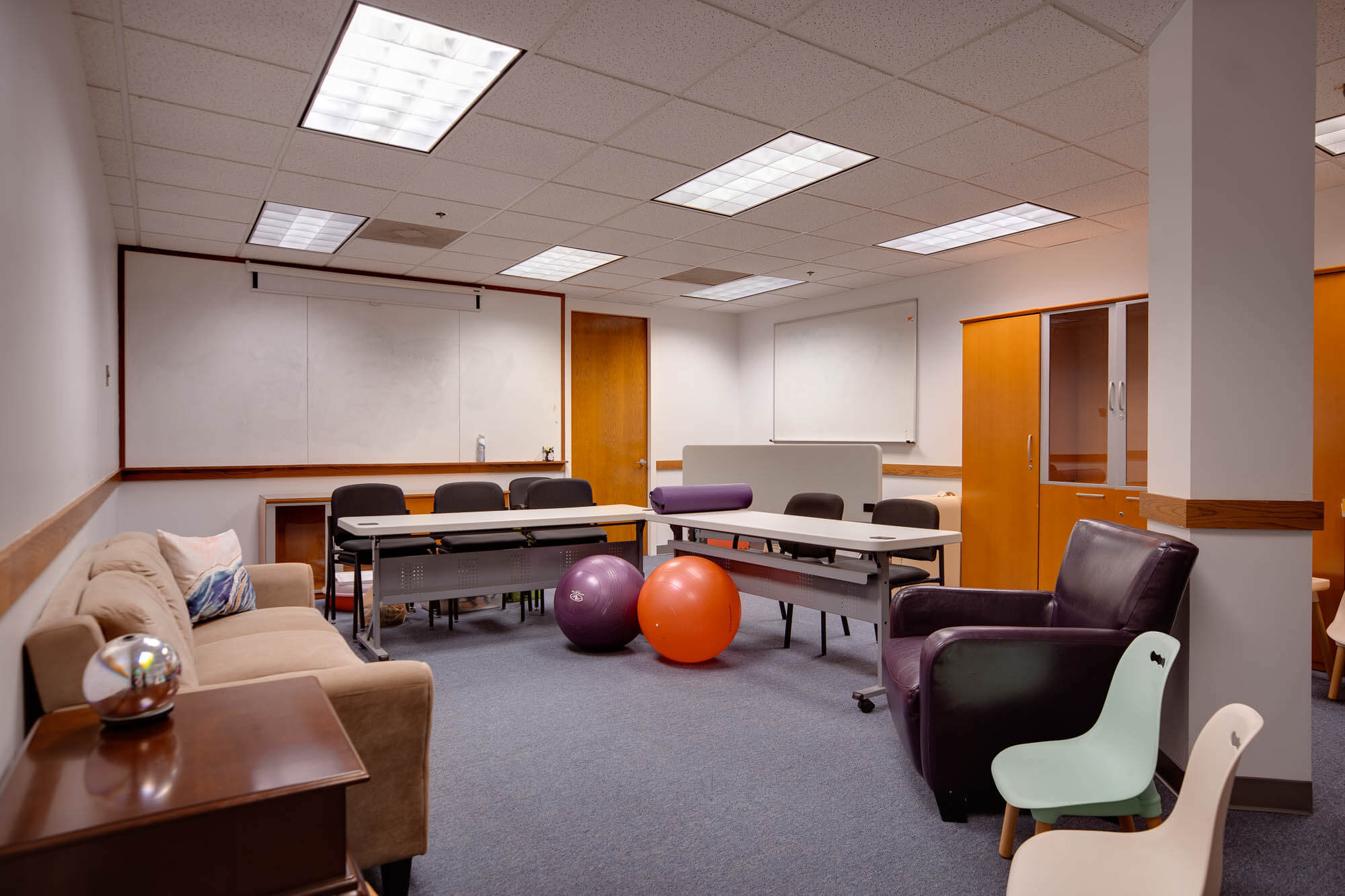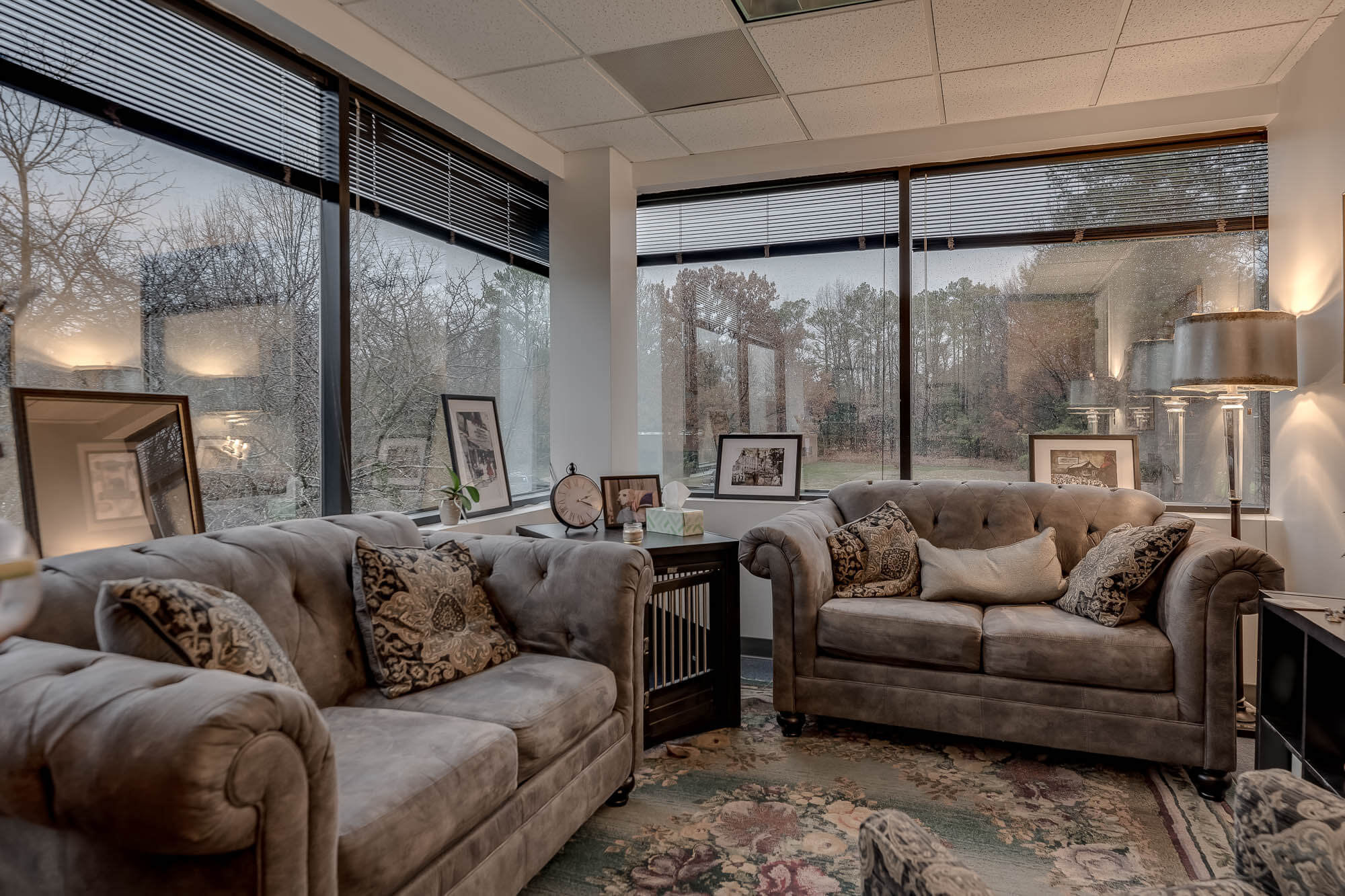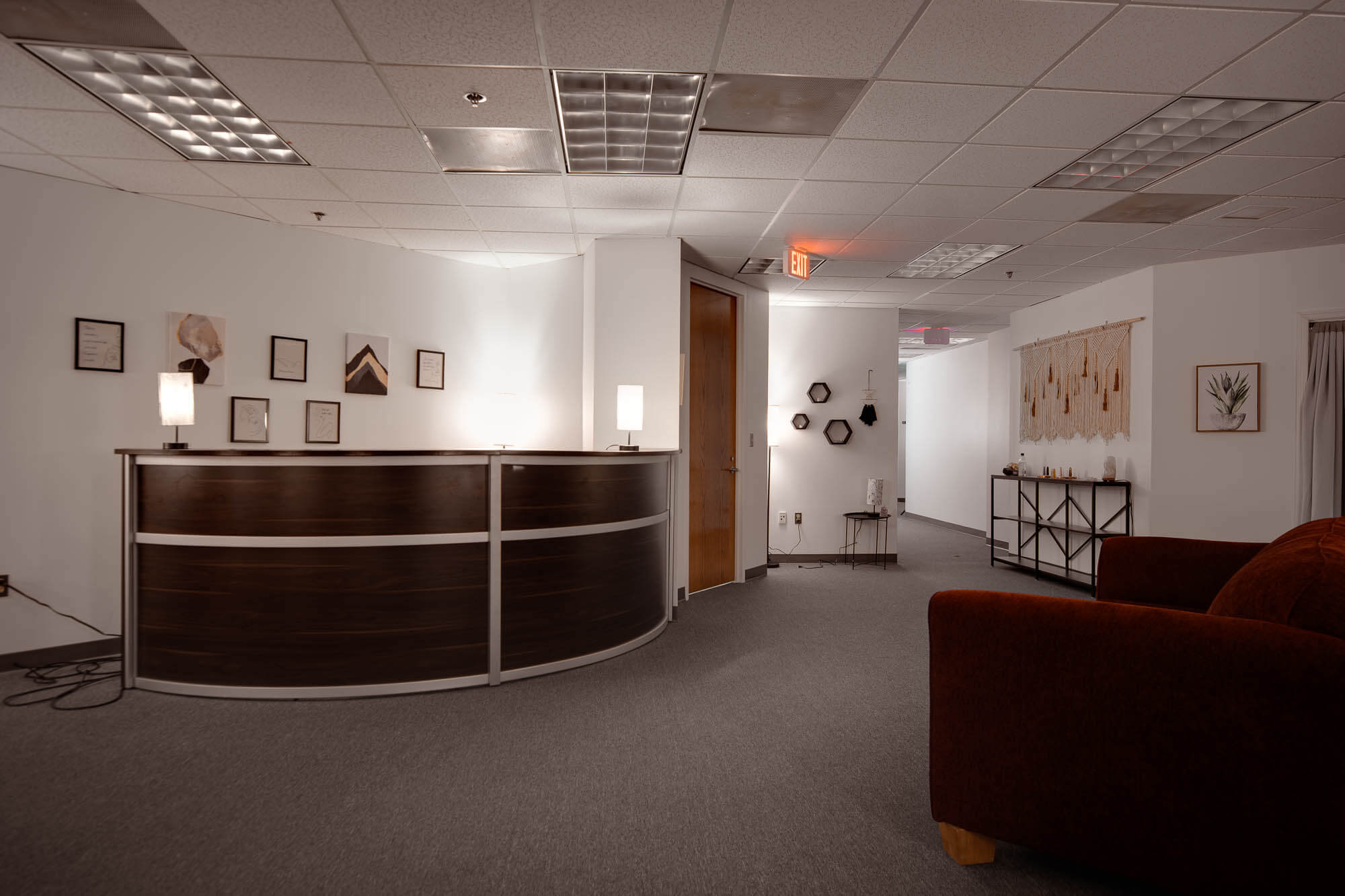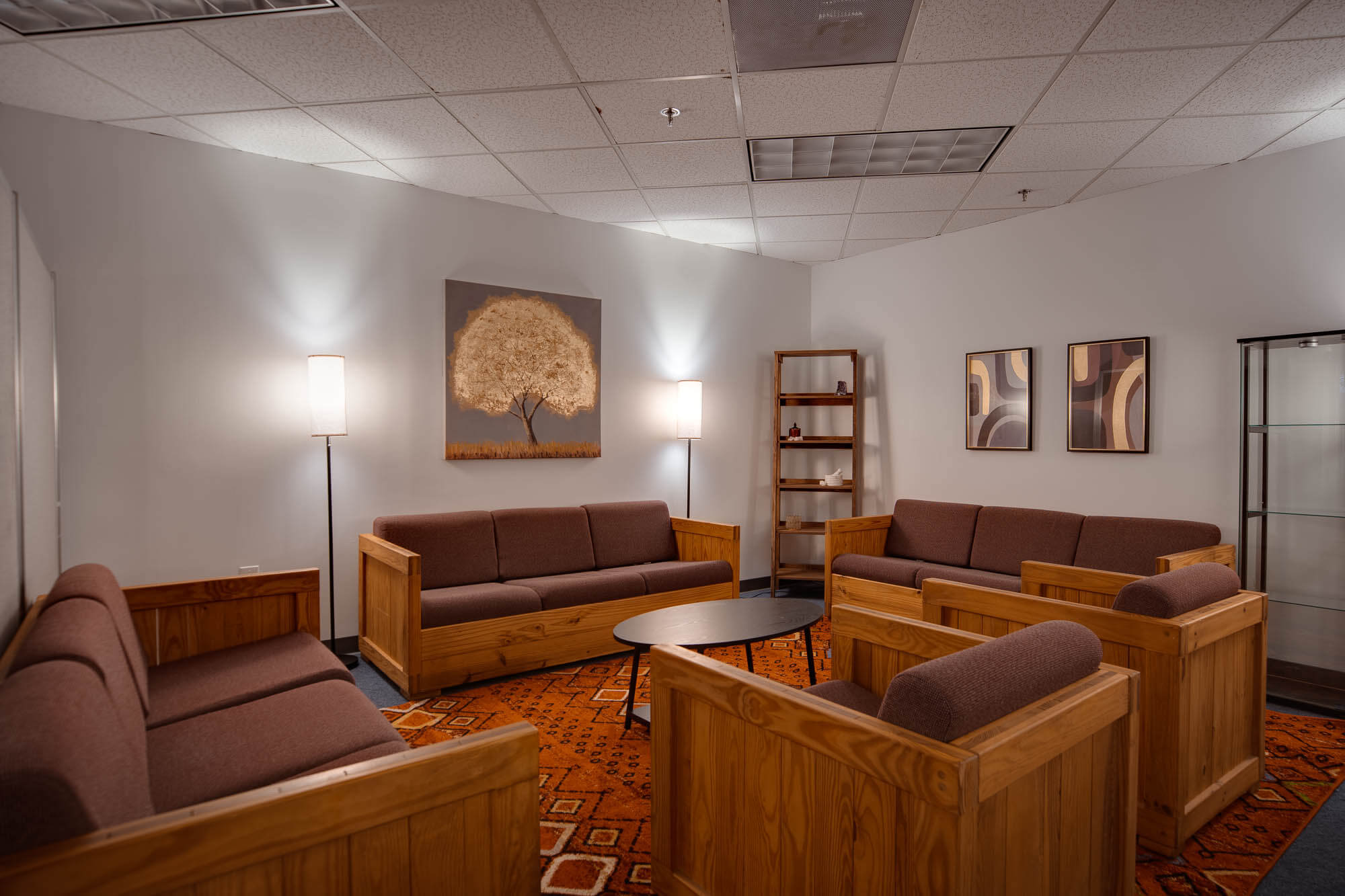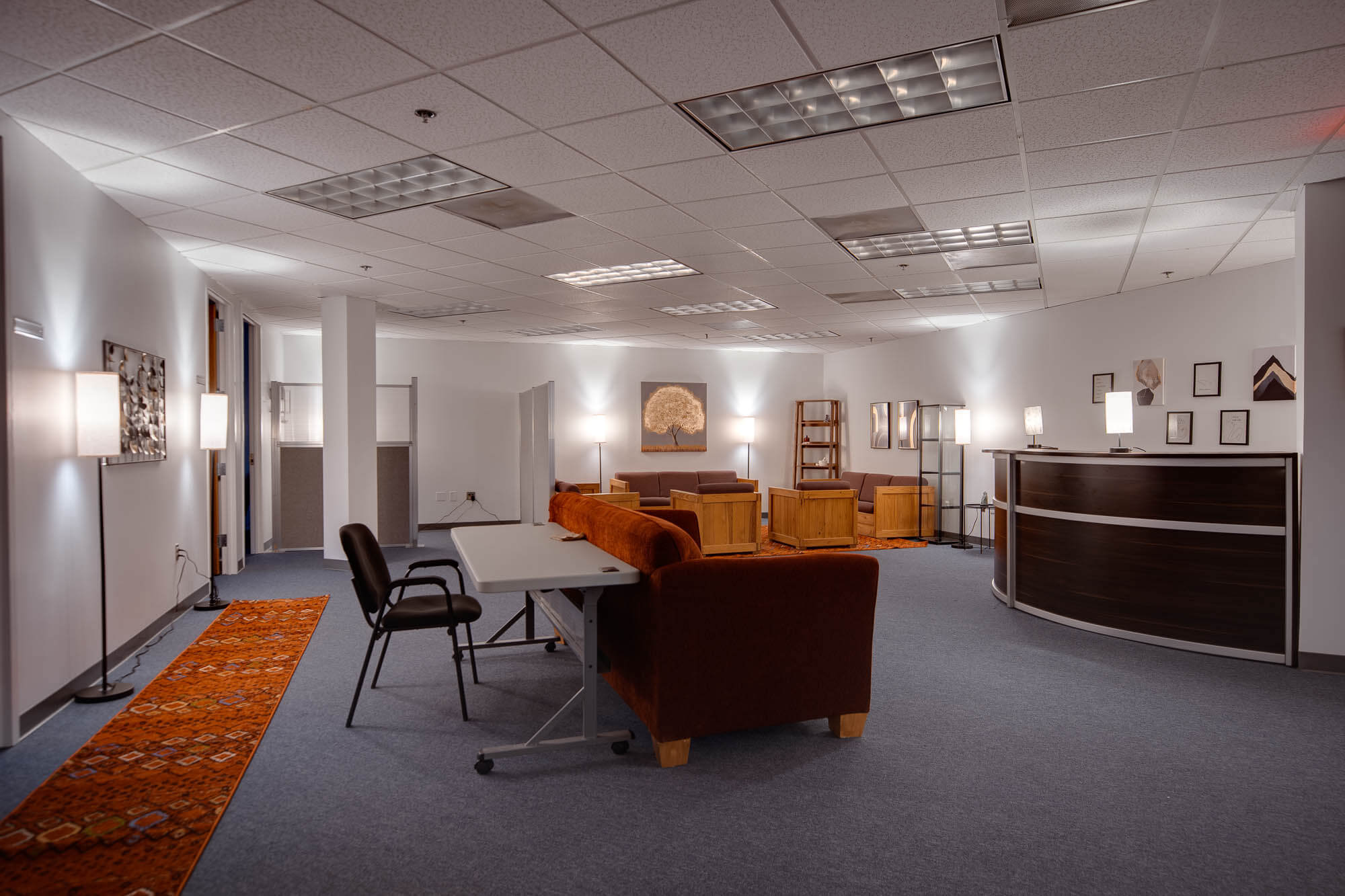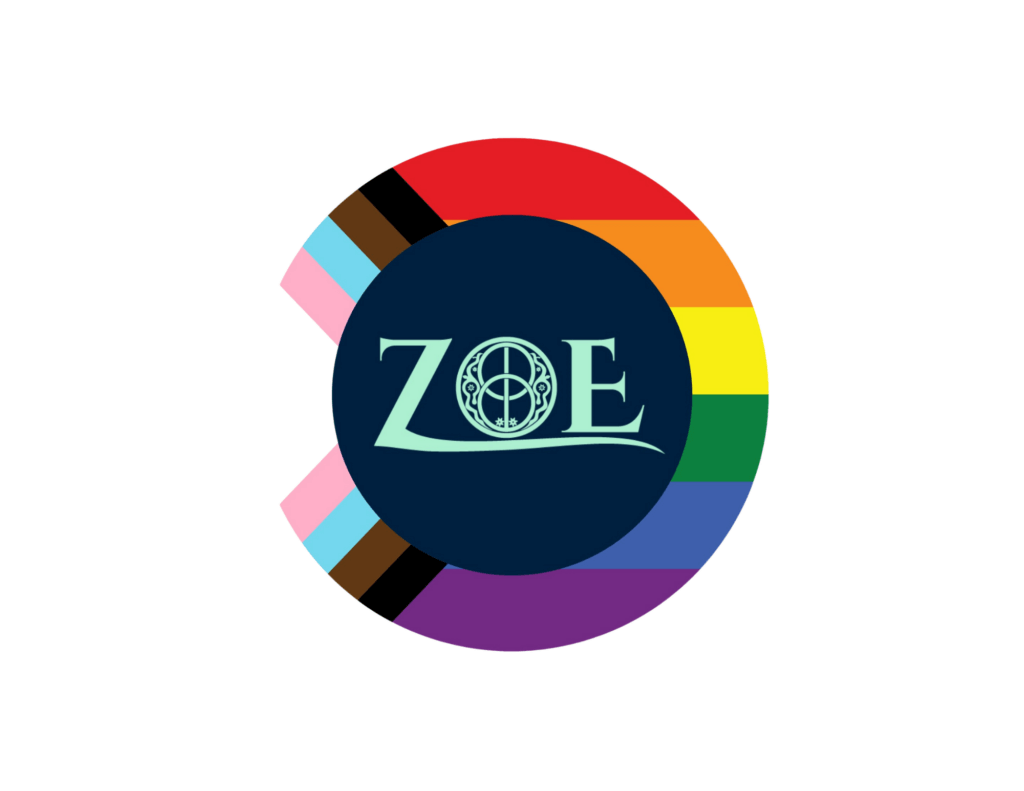
LGBTQ+ individuals frequently encounter higher rates of mental health issues such as depression, anxiety, and suicidal ideation. These challenges are not inherent to their identities but are often the result of external stressors like discrimination, stigma, rejection, and a lack of inclusive resources. ZoeRVA Health recognizes these challenges and is committed to providing inclusive, affirming, and effective support.
How Zoe Can Help
Our counselors are trained to recognize and address the impacts of minority stress on mental health, providing tailored support that acknowledges these unique experiences. We use therapeutic approaches that affirm clients’ identities, including validating their feelings, supporting their self-expression, and helping them navigate challenges related to their sexual orientation or gender identity. Zoe offers a transgender and gender non-conforming therapy process group (with rolling admission) to further meet clients’ needs.
Supporting Loved Ones
To support a loved one, take time to learn about LGBTQ+ issues and mental health warning signs, such as notable changes in mood, hopelessness, or intense worry. If someone is struggling with their mental health, offer empathic support by listening without judgment and validating their feelings and experiences. Creating a safe environment by challenging discriminatory language and affirming your loved one’s identity can significantly impact their mental well-being and reduce feelings of isolation.
Self-Care Strategies
On an individual level, practicing mindfulness and meditation can help reduce stress and anxiety. This may look like journaling, exercise, deep breathing, or engaging in creative activities. Self-compassion is another critical tool that includes positive self-talk, setting healthy boundaries, and allowing yourself to rest when needed. Additionally, seeking out mental health counseling with professionals who are knowledgeable about LGBTQ+ issues can improve your overall well-being.
Accessing Resources
Now, more than ever, is a time for community-building and establishing support networks. Whether through volunteering, participating in support groups, or attending community events, these activities can significantly improve mental health by fostering connections and reducing feelings of isolation In addition to Zoe, there are local organizations dedicated to caring for LGBTQ+ clients such as Diversity Richmond, Health Brigade, Planned Parenthood, and the ACLU of Virginia. Outside counseling sessions, services like the 988 Lifeline and The Trevor Project provide crisis intervention and suicide prevention services.
Looking Ahead
As we progress through 2025, it is crucial to continue advocating for inclusive mental health services and creating supportive environments for LGBTQ+ individuals. By leveraging available resources and fostering community connections, we can work towards a future where everyone has access to the mental health support they need.


